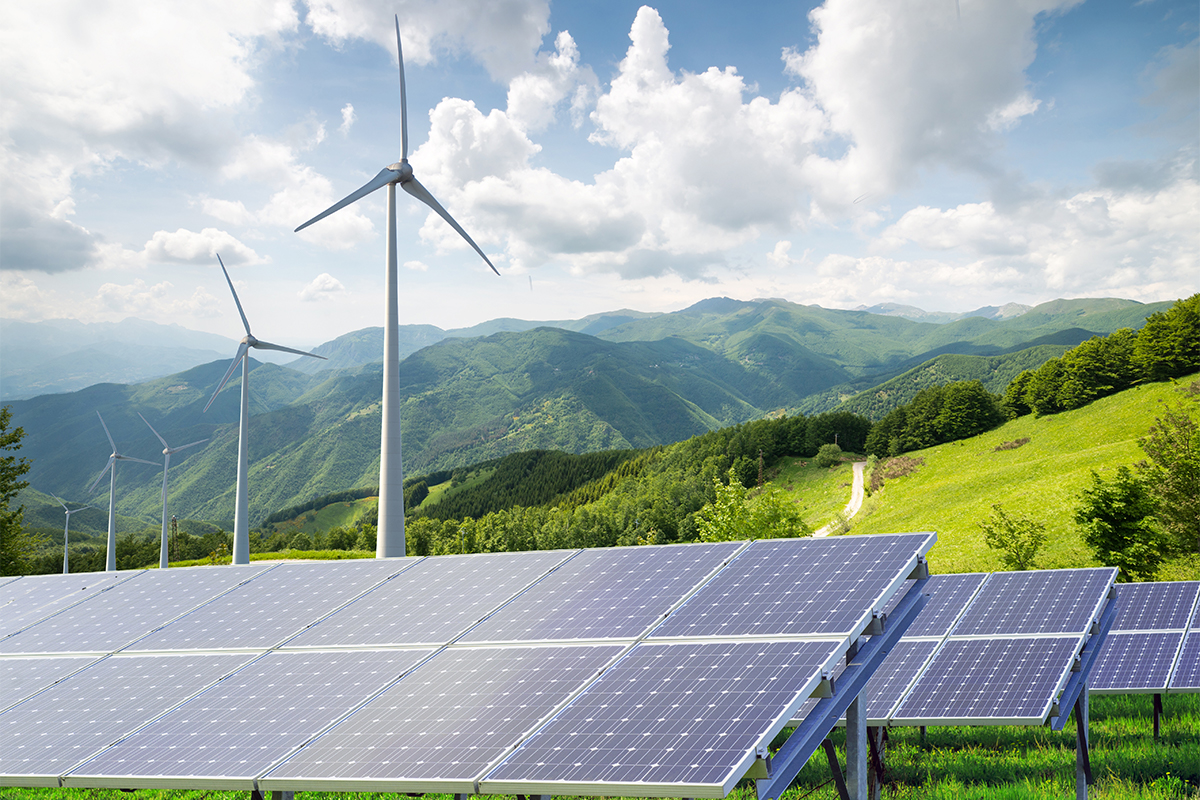News
Greek plans to suspend grid connection regime for combined renewable power plants cause concern

19 July 2021
The Greek Government plans to change the grid connection procedure for combined renewable power plants. Combined renewable power plants are facilities that combine electricity generation from different renewable sources, such as wind and solar energy and/or combine renewables with storage technologies. They are critical to integrating higher shares of renewable energies into the Greek energy mix now that the country is revising upwards its 2030 National Energy & Climate Plan targets in line with the EU’s higher 55% emissions reduction target for 2030.
Currently Greece is licensing combined renewable power plants under the “Production License Framework of Conventional and Hydro Plants”, together with pumped hydro storage and stand-alone battery storage projects. This is a transitional arrangement, as the Greek Government is working on a new Storage Framework that will come into force in 2022.
However, on 12 July the Greek Ministry for Energy & Mineral Resources submitted a new draft law to Parliament that would suspend the environmental licencing procedure and the binding interconnection terms for already authorised combined renewable power plants. The draft law would also suspend the approval of new and pending permit applications for combined renewable power plants. Both suspensions would apply immediately and remain in force until 31 December 2021.
Stand-alone battery storage or pumped hydro storage projects would not be affected. So the draft law would create a competitive disadvantage for combined renewable plants – specifically for 1,695 MW of them: 1,090 MW which already have a production license and 605 MW which have pending applications. There was also no public consultation for the proposed plans that will be voted on in the Greek Parliament this week already.
“Electricity storage is key to the further expansion of renewable energies in Greece. And it’s good that Greece is working on a proper storage regime to come into force early next year. But Greece needs to accelerate the deployment of all available storage capacities in the meantime without compromising the business case for investments already made. Companies investing in combined renewable power plants are leading the transition away from fossil fuels. Changes to already authorised projects are highly concerning and go against the rules of the EU Renewable Energy Directive. The Government risks to shed a bad light at investment security in Greece, threatening the success of its energy transition”, says WindEurope CEO Giles Dickson.

